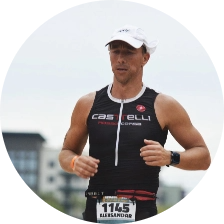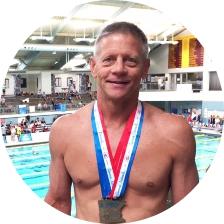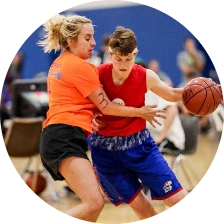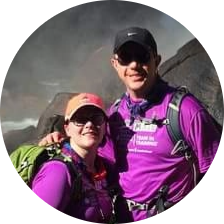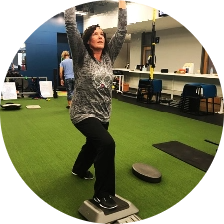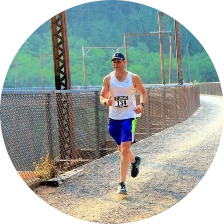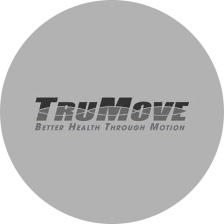Blog
February 7, 2023
How Nutrition Can Help You Heal
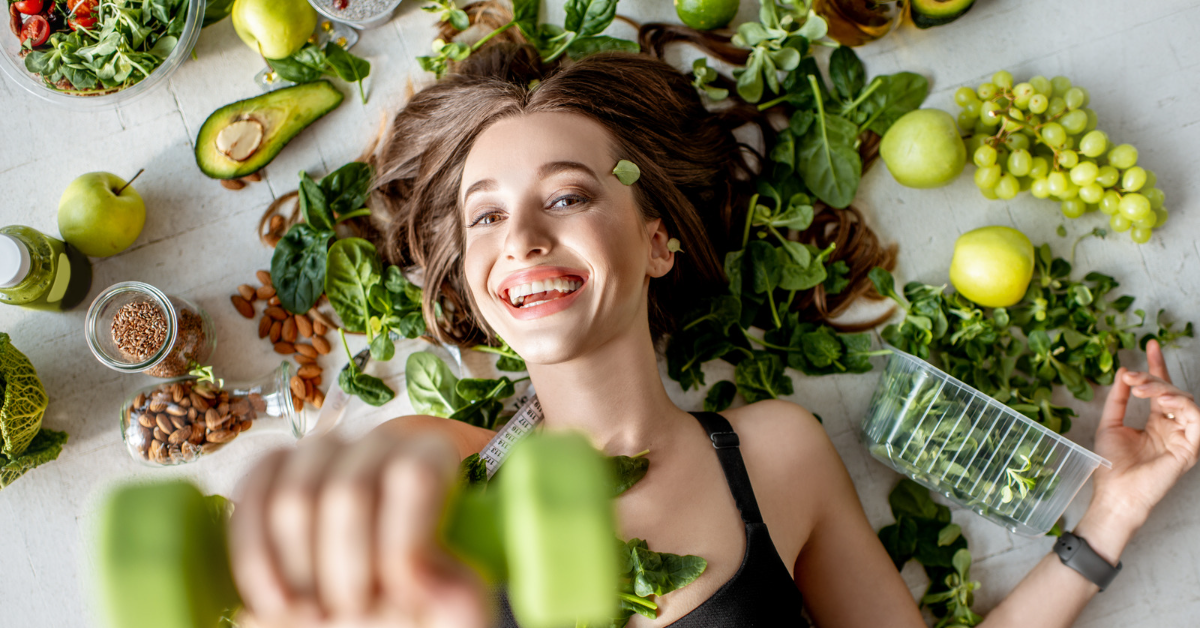
Food is an essential component of our health and well-being. It has a profound impact on our energy levels, immune system, strength, and even the speed and quality of our wound healing. When it comes to healing from an injury or surgery, what you eat becomes even more important.
“Poor nutrition can delay your healing,” says registered dietitian Kavitha Krishnan, RD. “On the other hand, eating a balanced diet can help the body heal faster and fight infections.” Nutrition plays a crucial role in how fast and effectively your wounds heal.”
The Body’s Need for Nutrients During Healing
When you’re injured, your body requires extra energy and nutrients to support the healing process. The process of replacing damaged tissue with new tissue requires an increased intake of calories, protein, and specific nutrients. The protein collagen, found in your skin, muscles, bones, and connective tissues, is a key component of wound healing. Wounds heal faster when you take in adequate amounts of the right foods.
To properly heal, your body needs:
Calories: To provide energy to keep your body functioning.
Protein: To build, maintain, and repair body tissues.
Vitamins and minerals: To repair and rebuild damaged tissue.
If you don’t consume enough of these, your body may not have the resources it needs to repair the wound, leading to a slower healing process or even complications.
Foods to Promote Healing
Eating a balanced diet that includes a variety of nutrient-rich foods is crucial to support wound healing. Krishnan advises eating a well-balanced diet that includes whole grains, fruits, vegetables, and adequate protein at every meal. Here are some of the key foods to focus on when trying to heal:
Protein: The Body’s Repair Material
Protein is essential for repairing tissues, which is what your body needs when healing from an injury or surgery. It’s vital for skin repair and immunity and helps with collagen formation. Inadequate protein intake can slow down the healing process. Here are some tips for getting enough protein while healing:
Eat protein first: Because protein is so critical to wound healing, try eating the protein portion of your meals first in case you become too full.
Add nuts: Add a handful of nuts to your cereal or salad for an extra protein boost.
Drink milk with meals or snacks: If you’re drinking milk alternatives like almond or flax milk, make sure they have pea protein added, as many alternative milks are not high in protein.
Keep smart snacks on hand: For easy protein access, turn to cottage cheese, peanut butter and crackers, Greek yogurt, and nuts.
Try nutritional supplements: If approved by your healthcare provider, consider protein powder or protein shakes.
Remember that your protein needs depend on various factors such as age, weight, and activity level. Eating too much protein can lead to dehydration, kidney issues, and weight gain, so be sure to consult with your healthcare provider about how much protein you should be getting while healing.
Whole Grains: The Better Carb Option
Whole grains are a better option than refined or white grains for higher protein content. They contain vitamins, minerals, fiber, carbohydrates, some protein, and healthy unsaturated fats. To identify whole grain products, look for the “Whole Grain” stamp from the Whole Grains Council or check their website for a list of products.
Vitamins and Minerals: The Building Blocks of Healing
Nutrient deficiencies can have a negative impact on wound healing, so it’s essential to consume a variety of vitamins
Solution Options
If you are serious about hitting your nutrition goals this year, our 90-day Nutrition and Movement Kickstarter package might be perfect for you. It all starts with a free consultation. Find out more about our KICKSTARTER PACKAGE HERE. You can also schedule a free consult with our nutrition team anytime with our ONLINE SCHEDULE FORM.



 Overland Park
Overland Park


